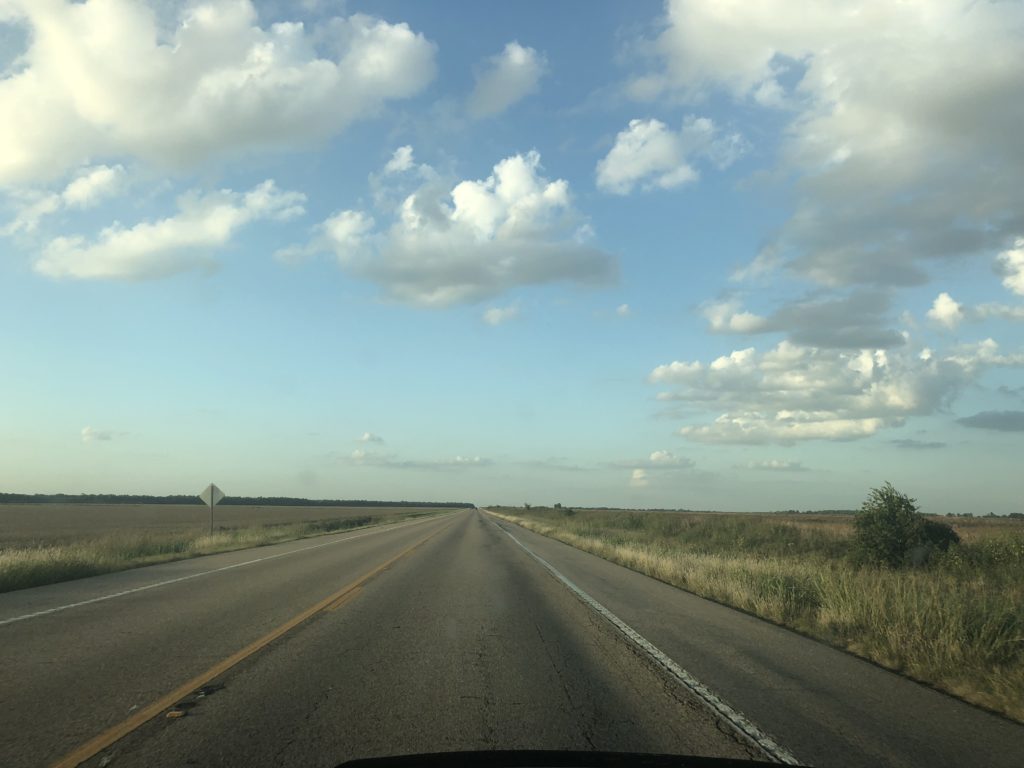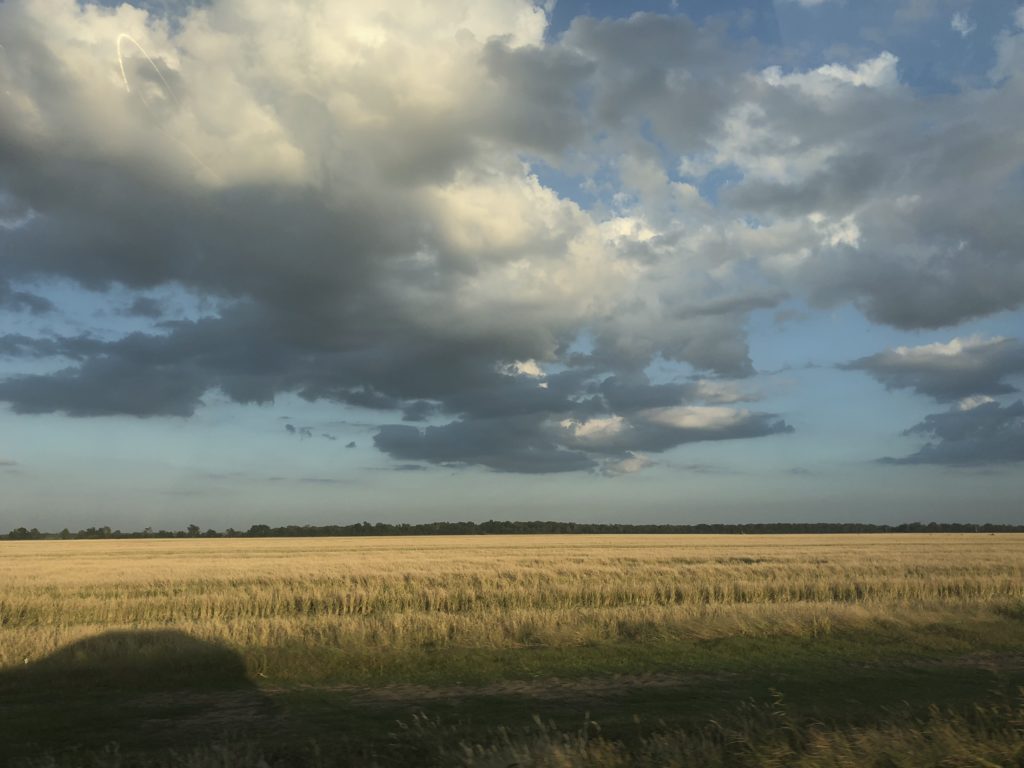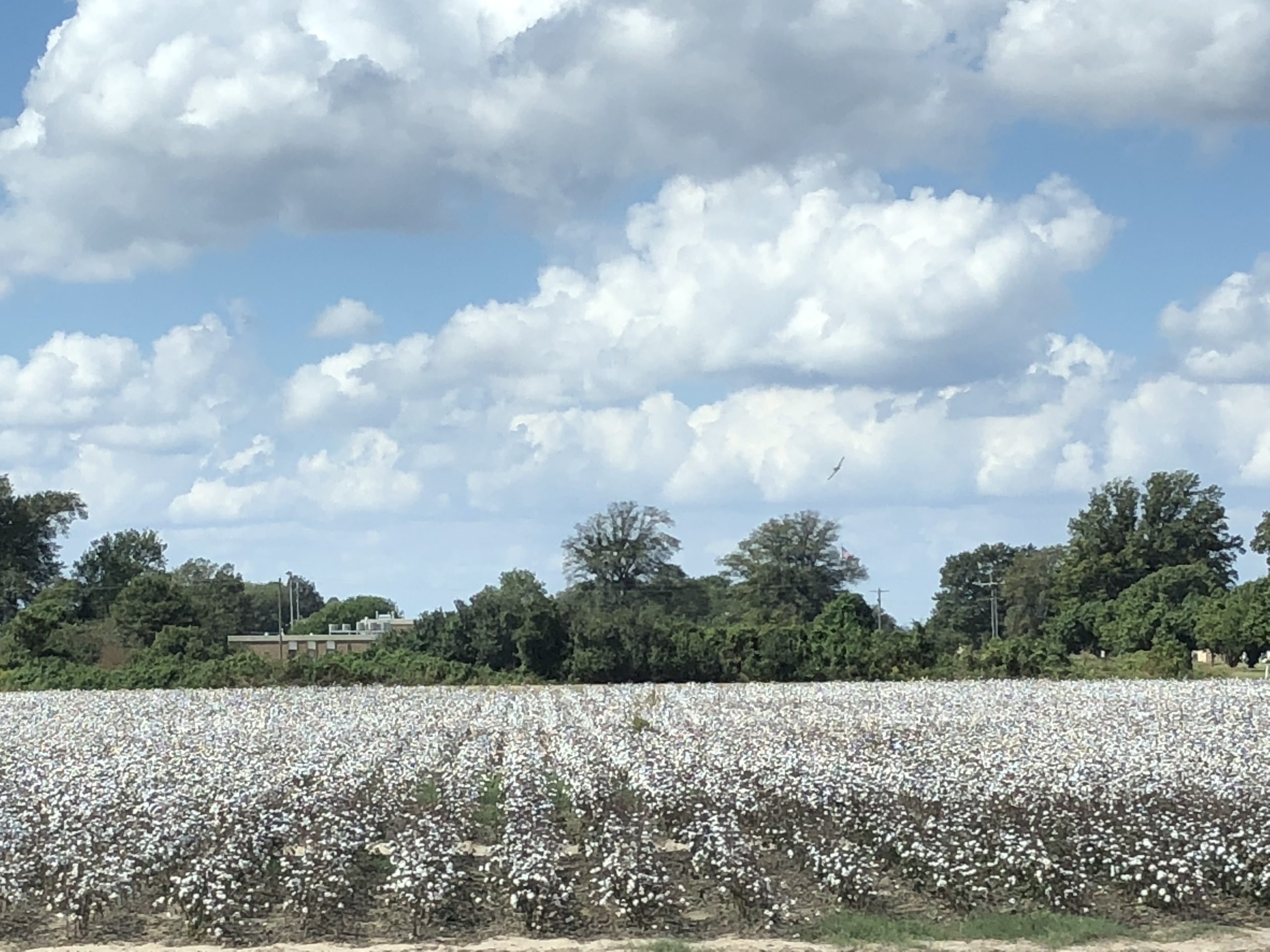The state of Mississippi is named after the mighty river the runs along its western border, which itself comes from a Native American name meaning “Big River”. We had briefly passed along the state’s southern coast about a week before on our way from New Orleans to Mobile. This time, we approached the state from Alabama in the east, and our first stop was the small city of Tupelo (pop: 38,000). There is one primary reason that Tupelo receives so many visitors each year – it is the birthplace of Elvis Presley.
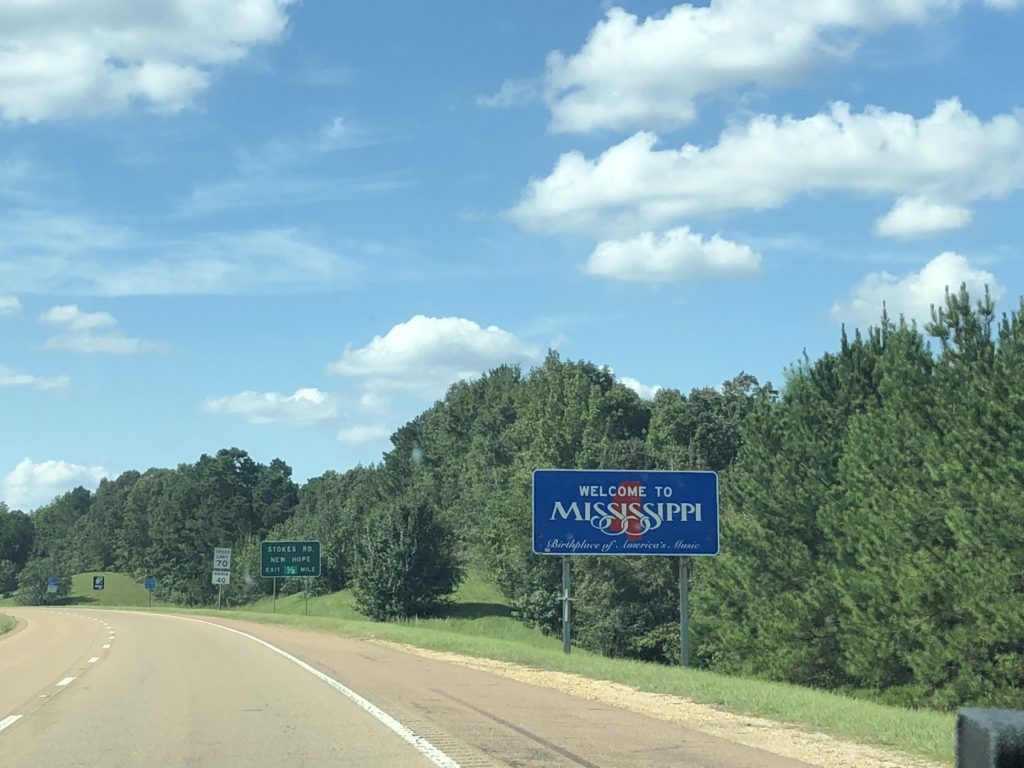
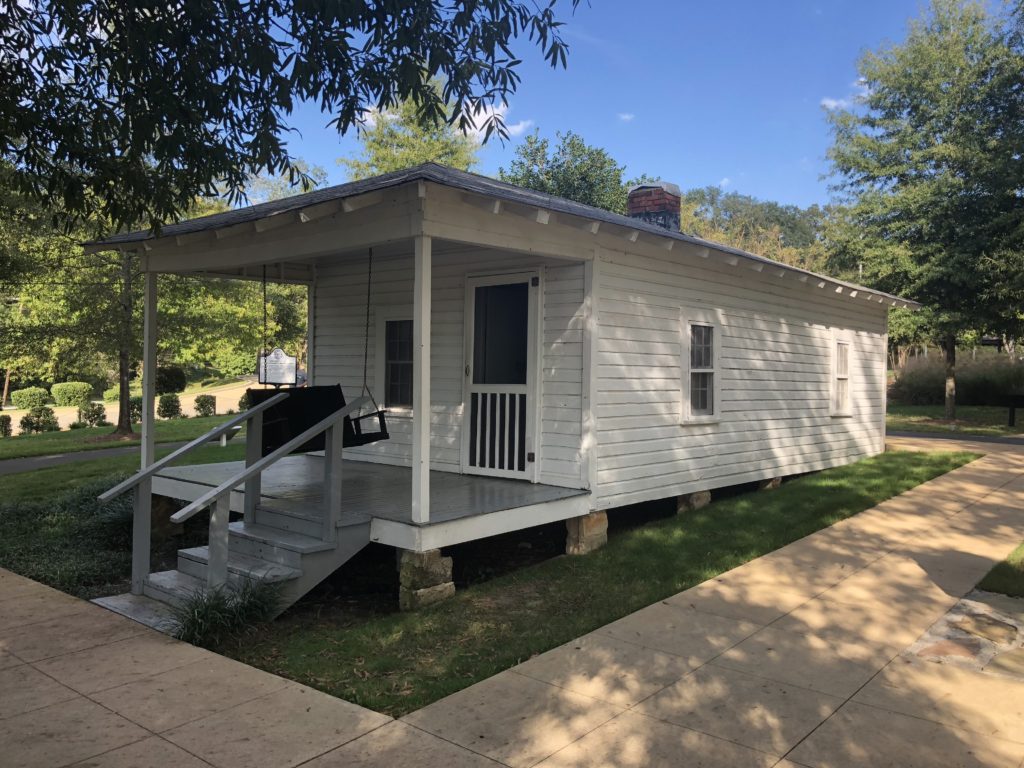
The Elvis Presley Birthplace Museum has the actual heavily-restored Presley home in about its original spot (it had sat unoccupied and in poor repair for years until the museum’s opening in 1970). It was a two-bedroom house built by Elvis’s father. Elvis spent a year of his life in this house, before financial difficulties forced the family to move. They stayed in Tupelo until Elvis was 13, before moving to the big city of Memphis. Elvis seems to have had a very modest upbringing. More on the King of Rock ‘n Roll when we get to Memphis.
Heading west for about an hour, we next visited the town of Oxford, home of the University of Mississippi – better known as “Ole Miss”. The university and its 20,000+ students seem to dominate the town (it even owns a golf course and airport in town). Ole Miss has an interesting history. It served as a hospital and morgue during the Civil War. The enrollment of the first African American student in 1962 resulted in a huge riot that left two dead and scores of soldiers and national guardsmen injured. Bob Dylan’s “Oxford Town” is based on the event. Legendary NFL player Archie Manning played his college football at Ole Miss, and the official speed limit in campus is his jersey number – 18. Two of his sons are NFL legends in their own rights.

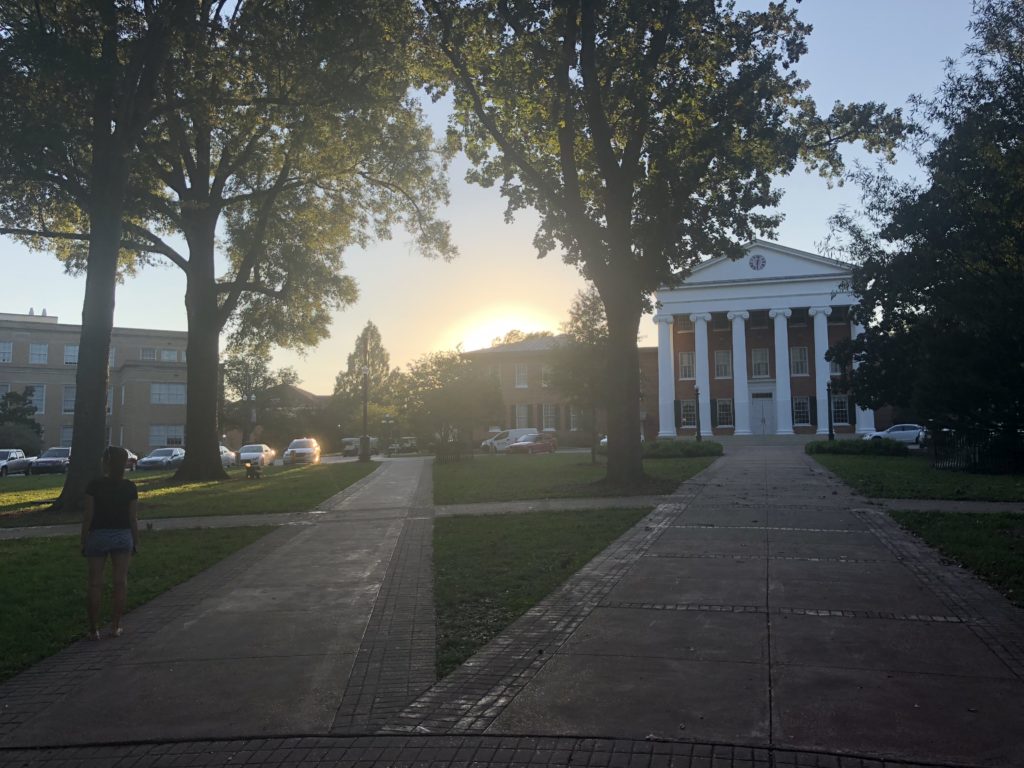
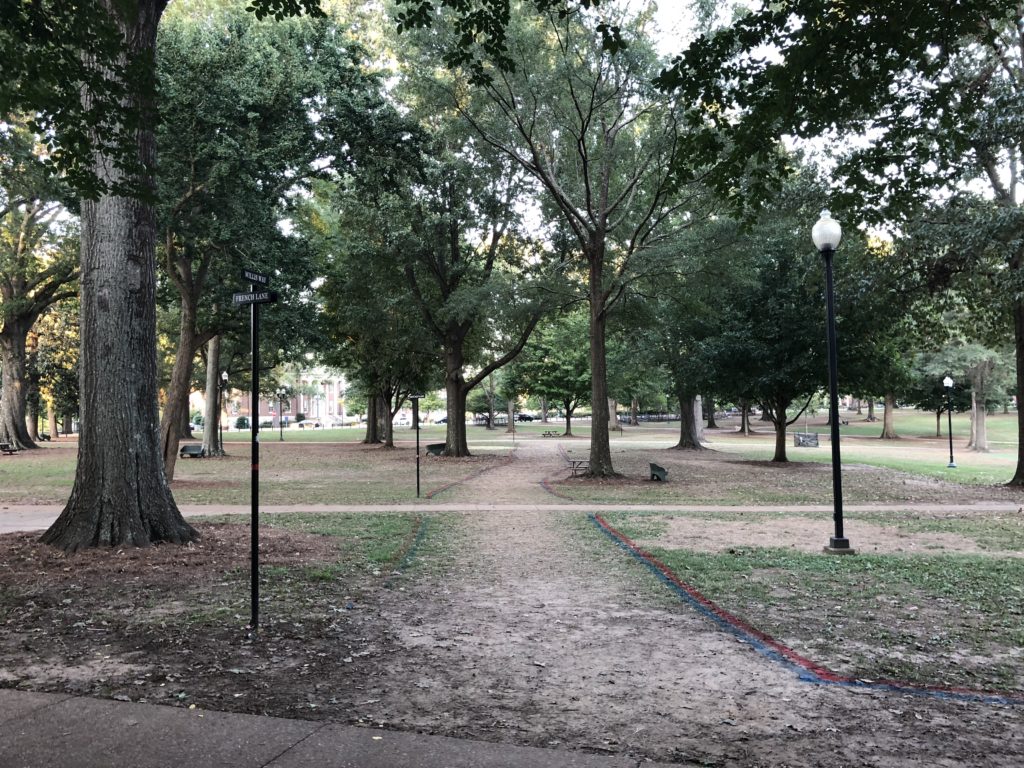
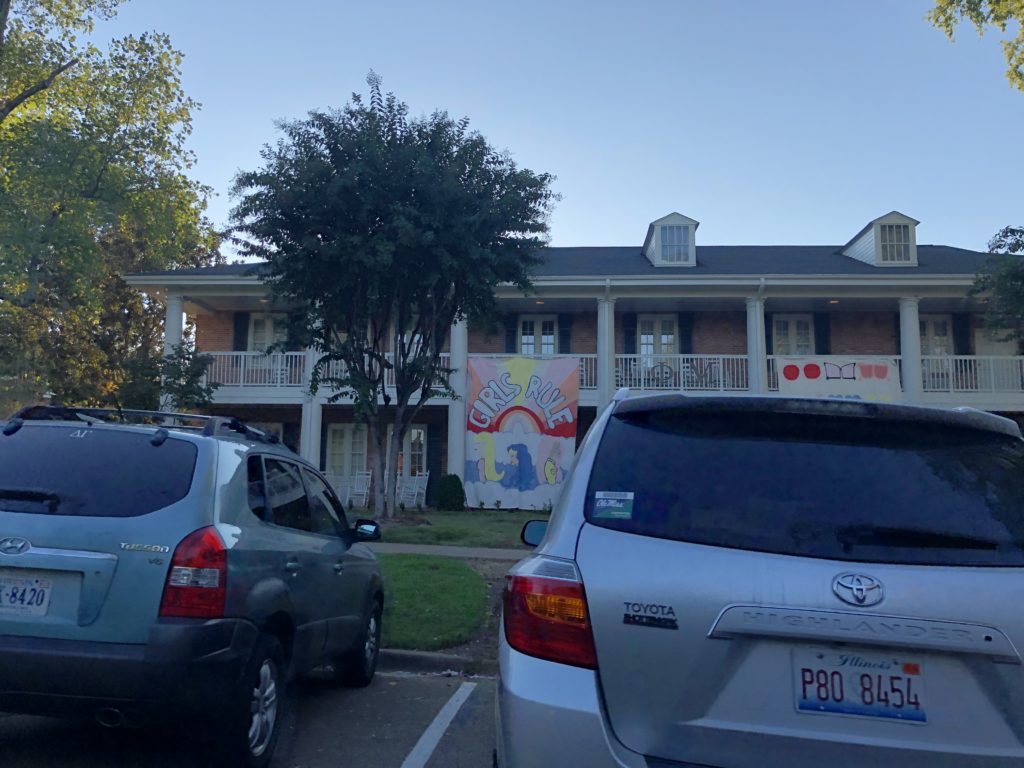
West of Oxford, we reached the Mississippi Delta, a large portion of north-western Mississippi. Once cleared of hardwood forests, this fertile land with its abundance of rivers and tributaries (including the Mississippi and Yazoo rivers and their floodplains), became a monster cotton producer. This was aided by the widespread use of the cotton gin, a machine that quickly separates cotton fibres from seeds. The economy became dominated by King Cotton, and today you can still see cotton fields a-plenty in the Delta.
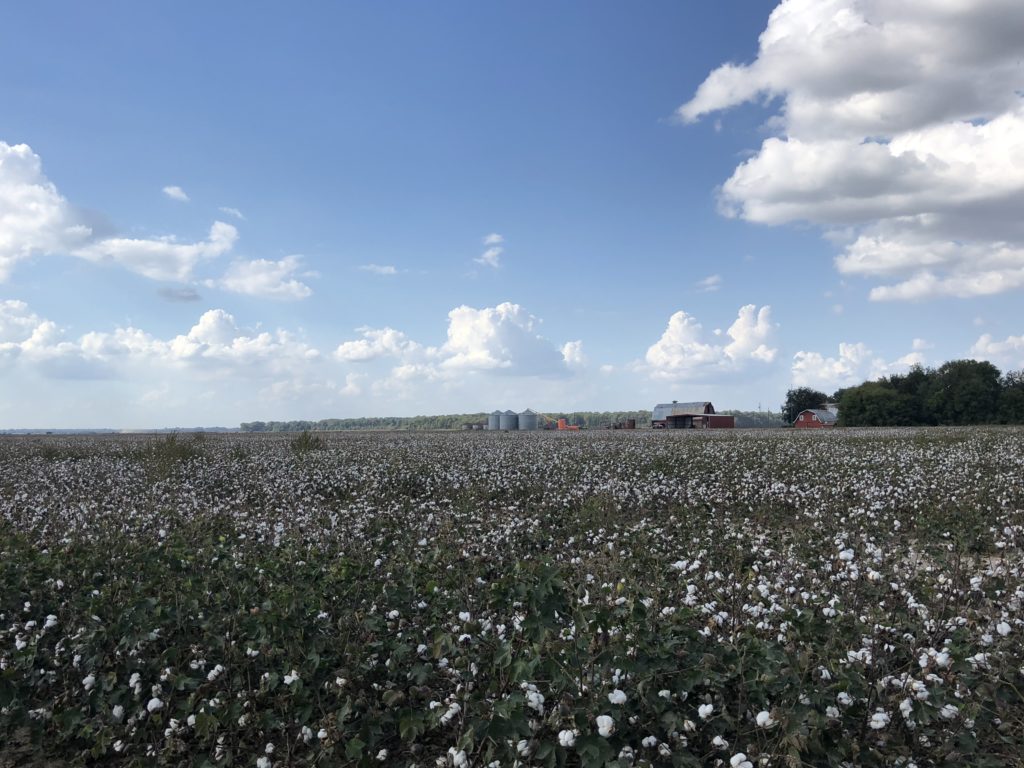
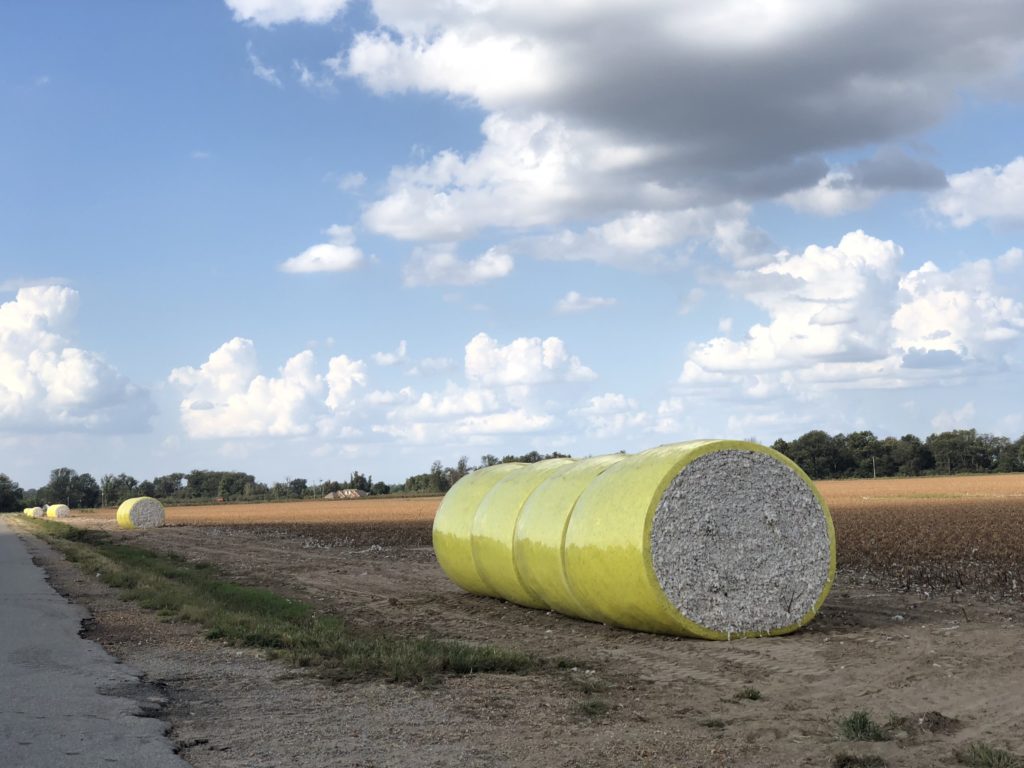
Pre-Civil War, the majority of the Delta population was made up of African American slaves, brought in to work the fields. Emancipation followed, and by 1900, African American farmers made up two-thirds of independent farmers in the region. However, low cotton prices, unfair credit tactics, and political oppression, meant that over the next few decades, most lost their farms. They either joined the Great Migration to northern states or switched to sharecropping.
Sharecropping was an arrangement where a landowner would allow a sharecropper to farm a portion of their land in exchange for a share of the crops produced. The landowner provided the land, housing, tools, and seed, while a local merchant would provide food and supplies on credit. Upon harvesting, the sharecropper would keep (for example) a third of the crop, and use sale proceeds to pay off any debts at the local merchant. The arrangement appears appealing, particularly to penniless freedmen after the Civil War and Reconstruction. In reality, it was a tough arrangement for sharecroppers. Landowners could use the threat of eviction to arrange favourable terms (e.g. forcing sharecroppers to sell their crops through landowners at depressed prices). It seems that sharecroppers largely lived in poverty and endured hardship.
And out of this poverty & hardship came a powerful and hugely influential genre of music – the Blues. Inspired by work songs & field hollers, blues music developed distinctive chord progressions, the “blues scale”, and used call-and-response patterns to create a hypnotic groove. When matched with a soulful tale, there isn’t much better. And thus, out of this corner of Mississippi came Delta Blues, best represented by the brilliant Robert Johnson:
It was said that Johnson made a deal with the Devil at a local crossroads – his soul in exchange for musical success. Sadly, he died of unknown causes at the young age of 27 (a member of the somber “27 club”), just as he was breaking out.
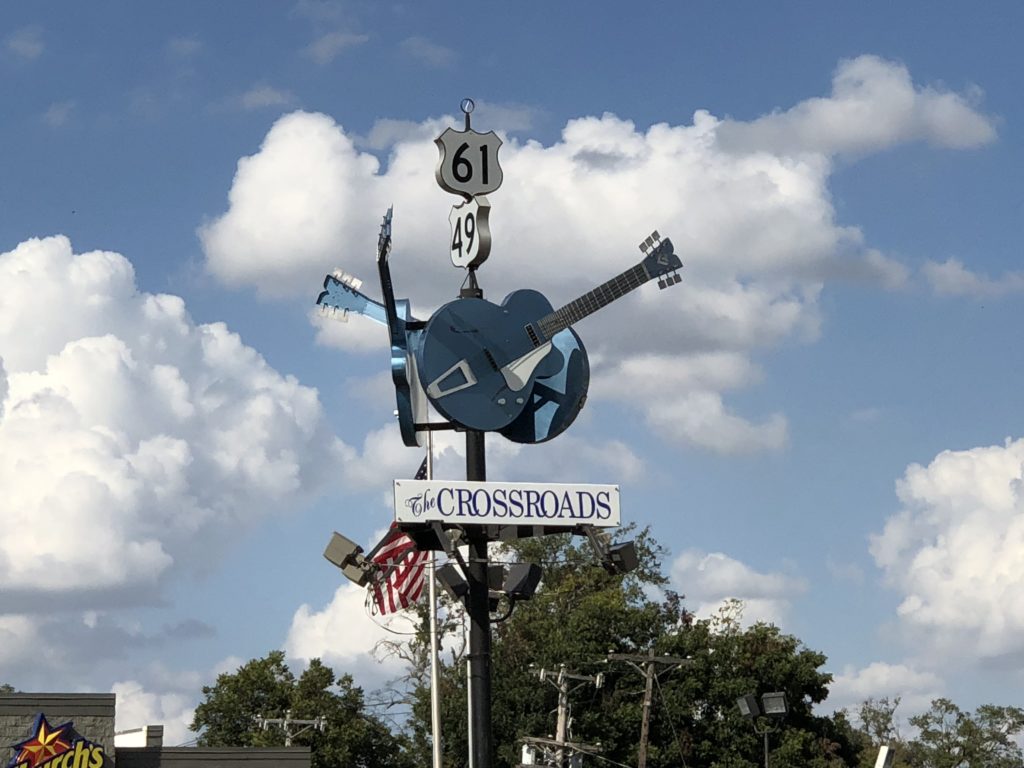
Subsequent blues players from the Delta made it big and changed the world of music. Many moved up to big cities like Memphis, Chicago, or New York City, adapting the blues sound as they went. Big names include Howlin’ Wolf, B.B. King, Big Joe Williams, John Lee Hooker and the legendary Muddy Waters.
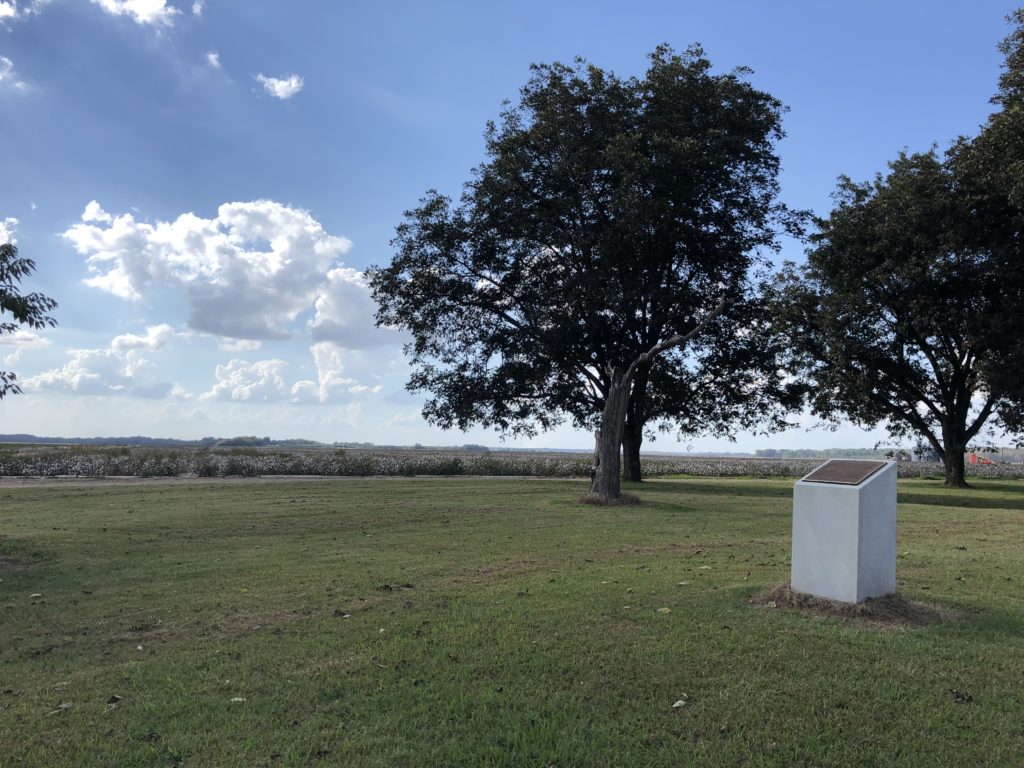
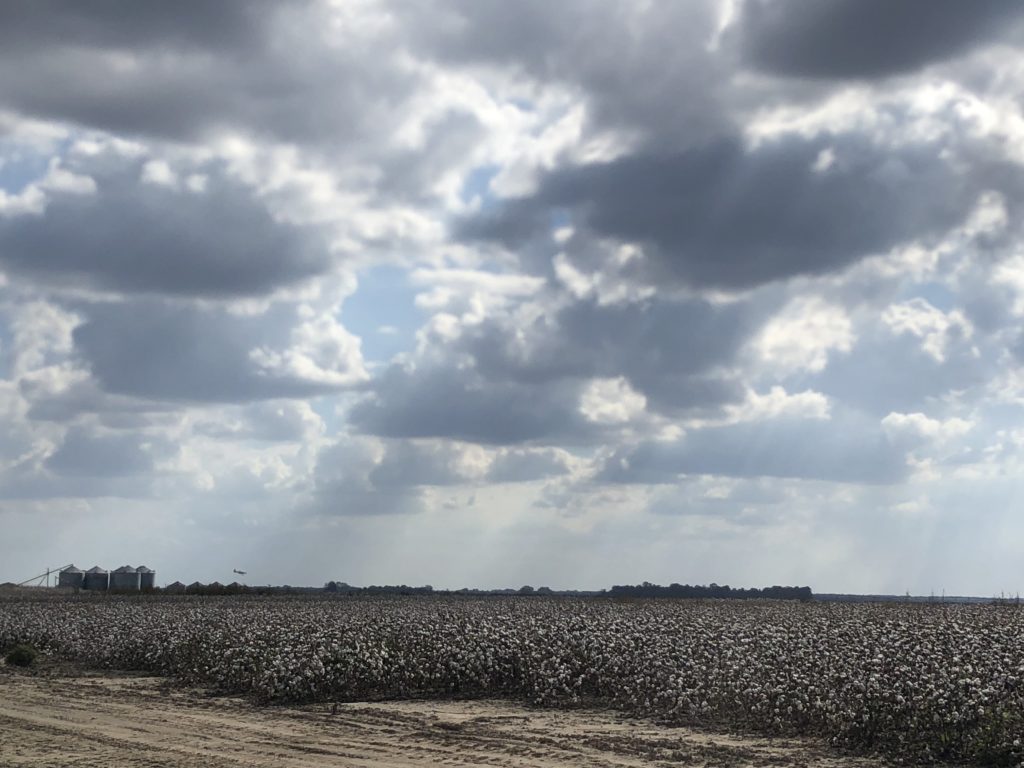
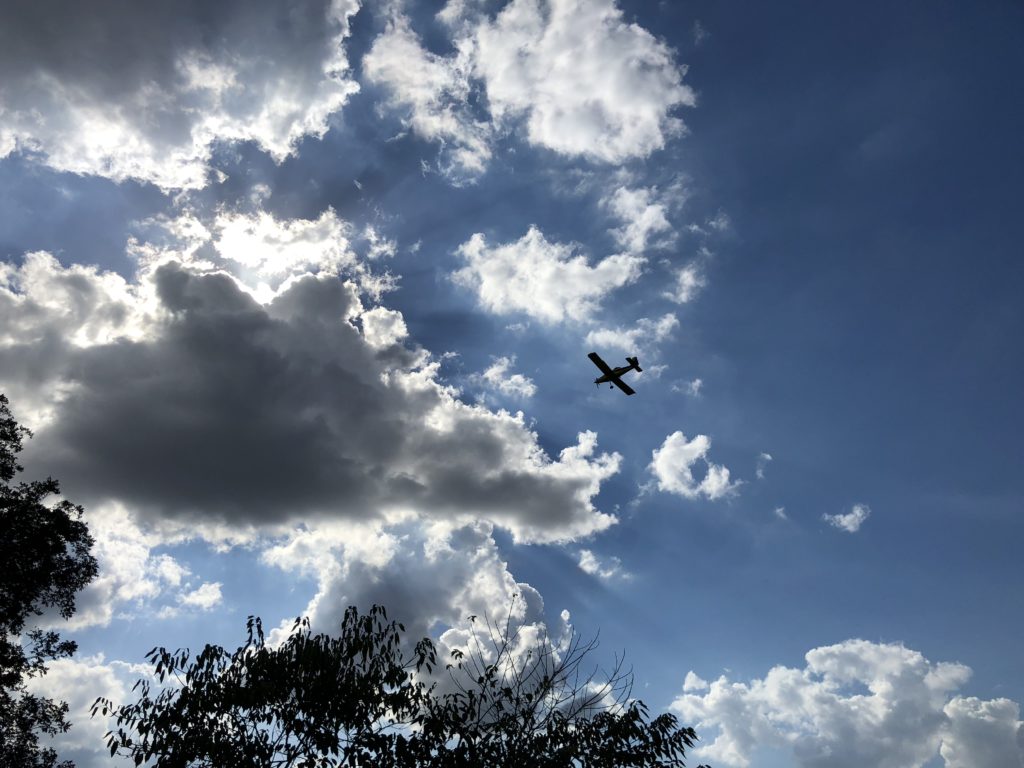
Muddy Waters (McKinley Morganfield) grew up near the Stovall Farms plantation outside Clarksville, likely facing a life as a sharecropper. With proceeds from selling a horse, he bought his first guitar and began playing around town. His first recording was conducted right in his cabin on the farm (and this actual cabin is preserved today in the Delta Blues Museum in Clarksdale). He made the move up to Chicago and helped pioneer an urban & electric “Chicago Blues” in the late 1940’s, and quickly became a music legend.
Blues music went on to have a huge influence on popular music around the world – from rock ‘n roll in nearby Memphis, all the way to British musicians like the Beatles and the Rolling Stones (whose name comes from a Muddy song). “The blues had a baby and they named that baby rock and roll”. Eric Clapton noted that “Muddy Waters’ music changed my life, and whether you know it or not, and like it or not, it probably changed yours, too”.

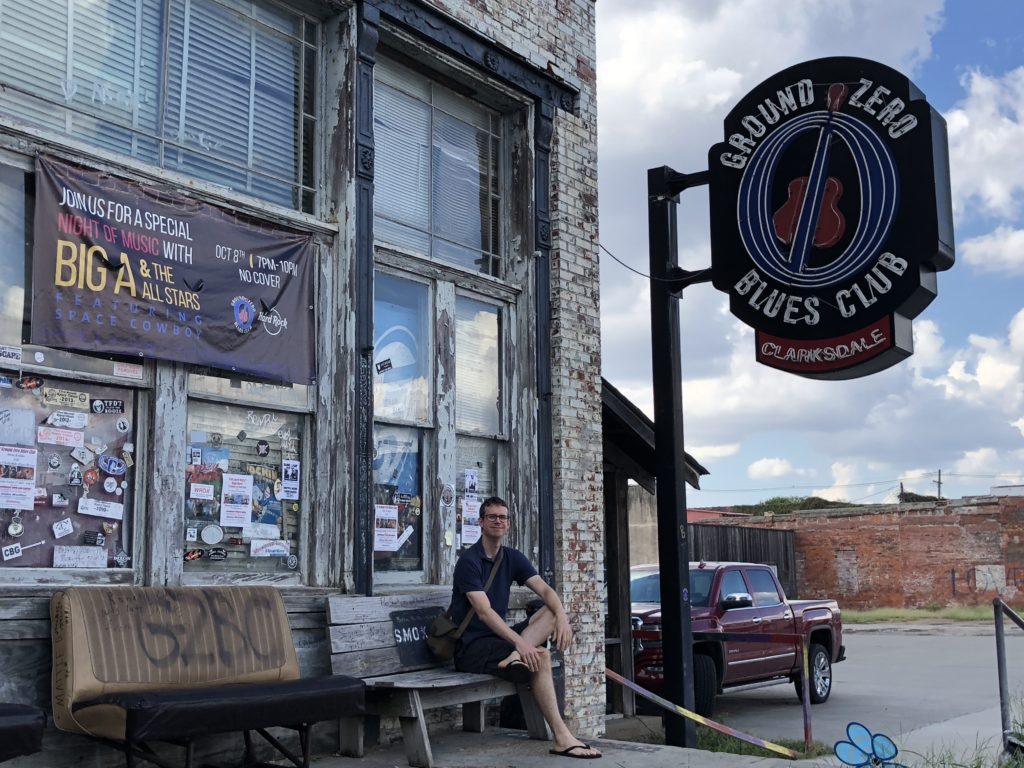
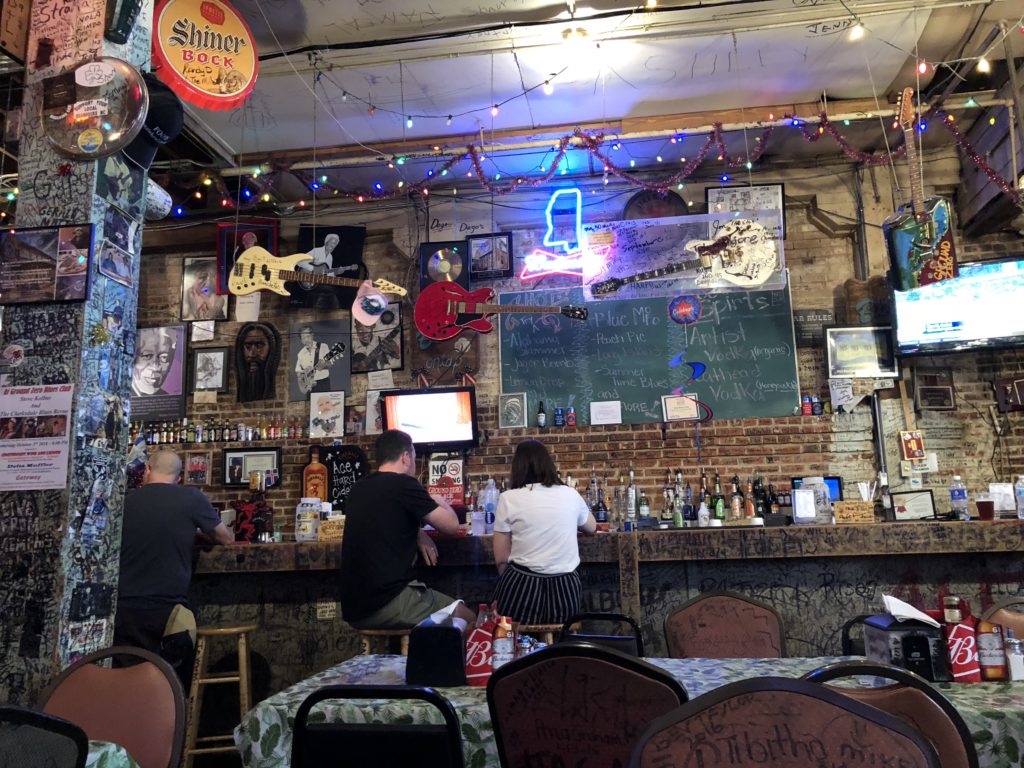
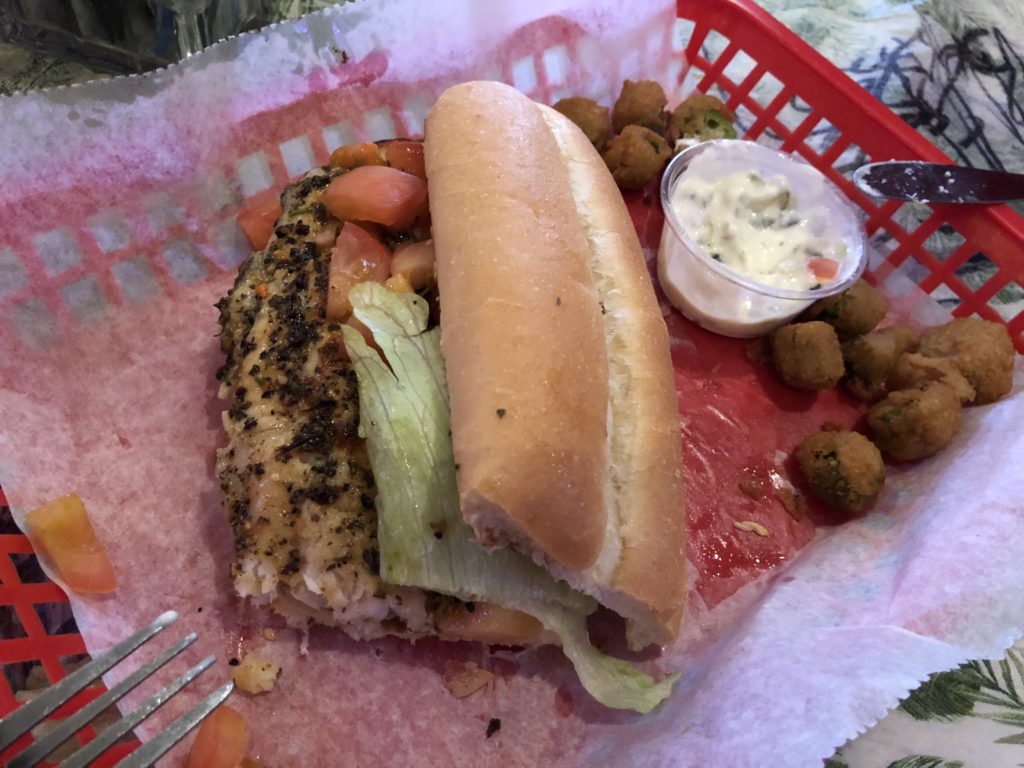
From the heart of Delta Blues, we headed northwards, tracking the Mississippi River quite closely. The big river has formed a number of huge oxbow lakes over time, and we had a closer look at one called Moon Lake.
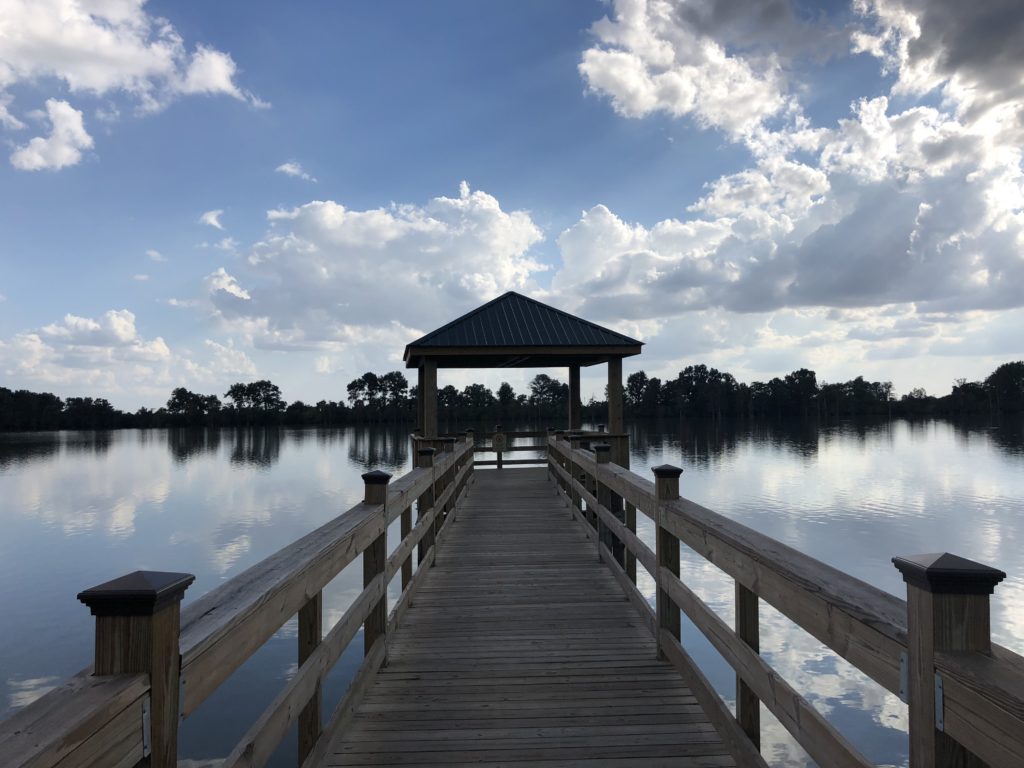
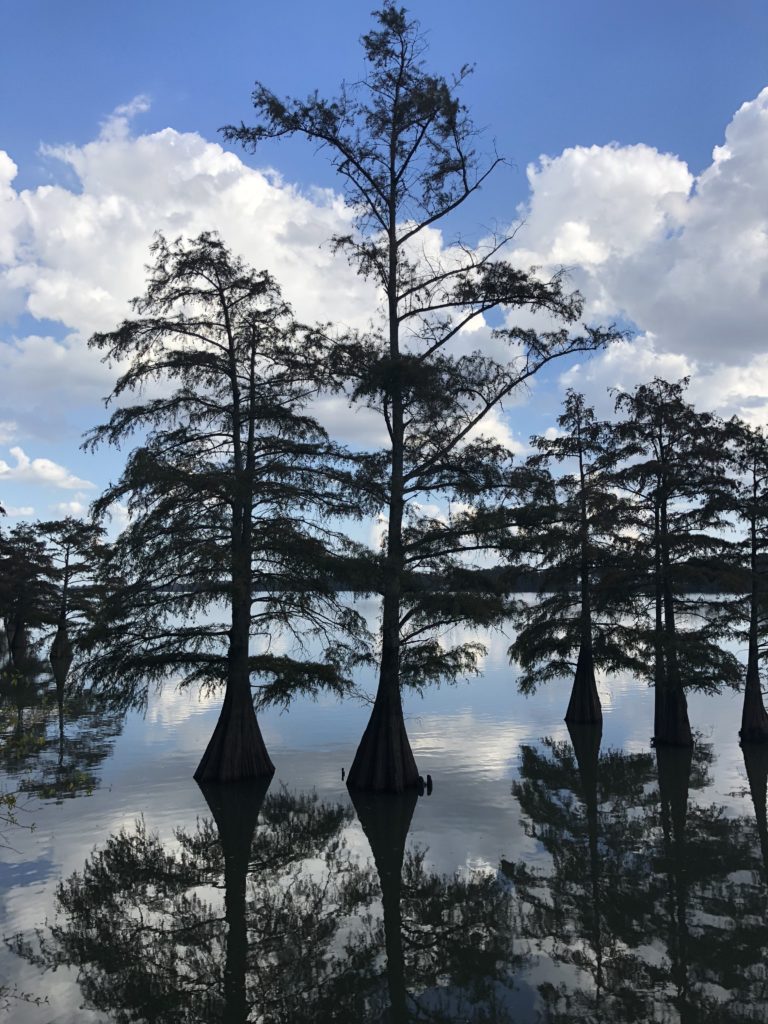
We decided to detour via the town of Helena, Arkansas, to catch a few hours of a blues festival that we had heard about. It wasn’t exactly pumping, but a fun experience nonetheless.
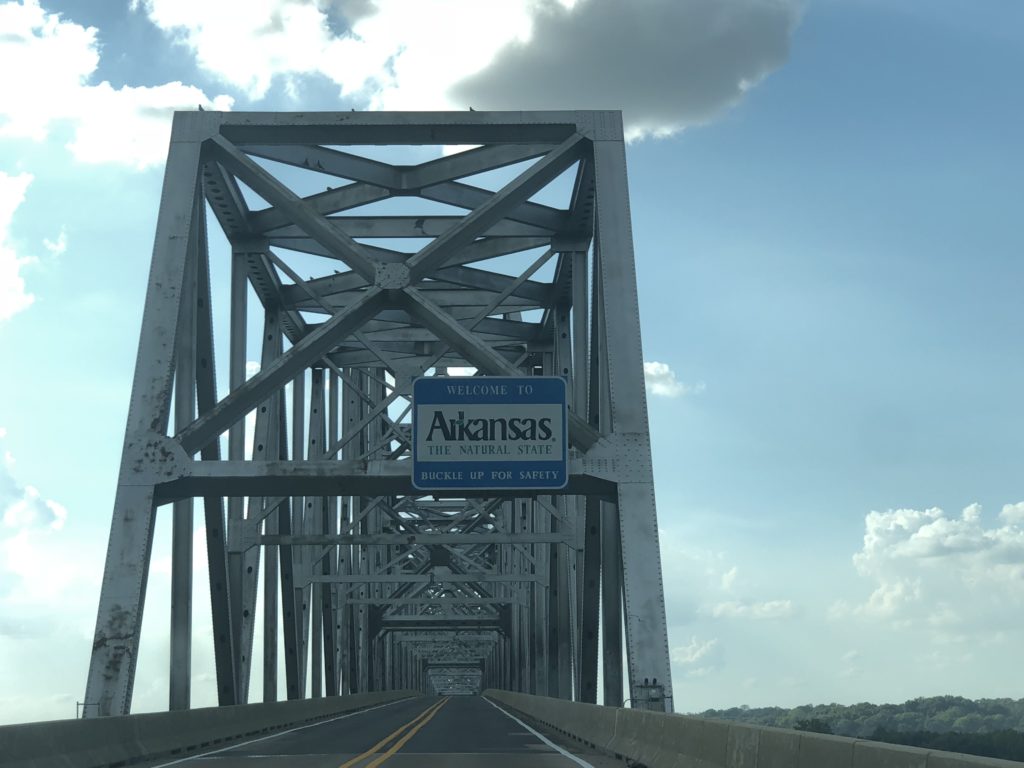
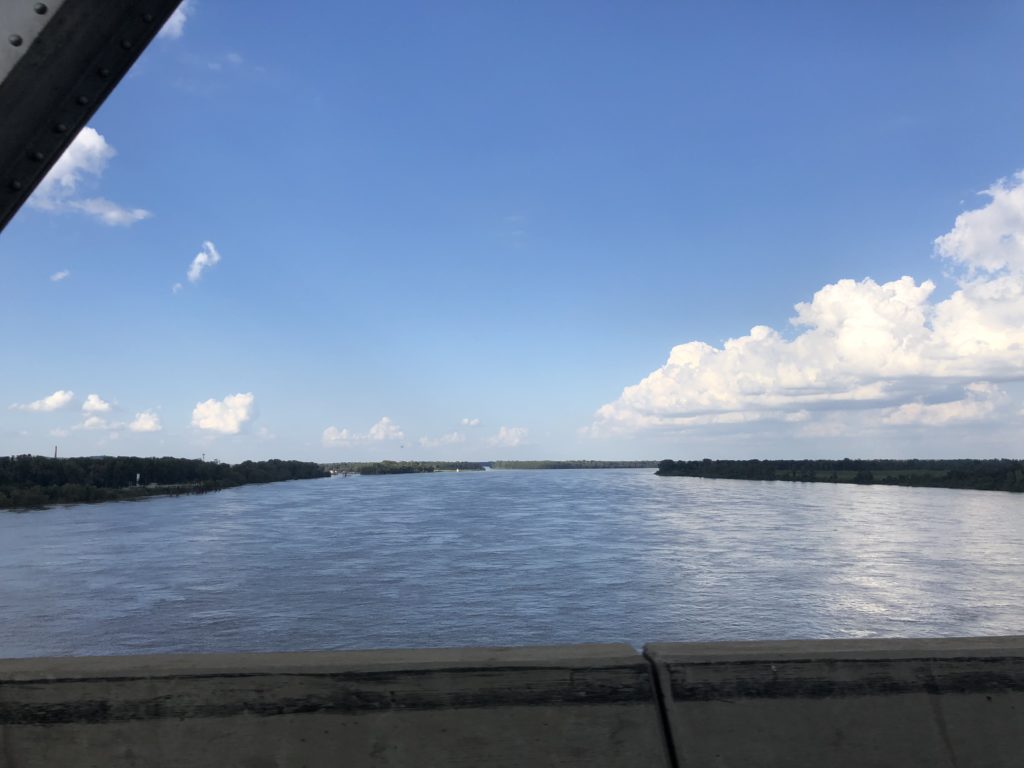
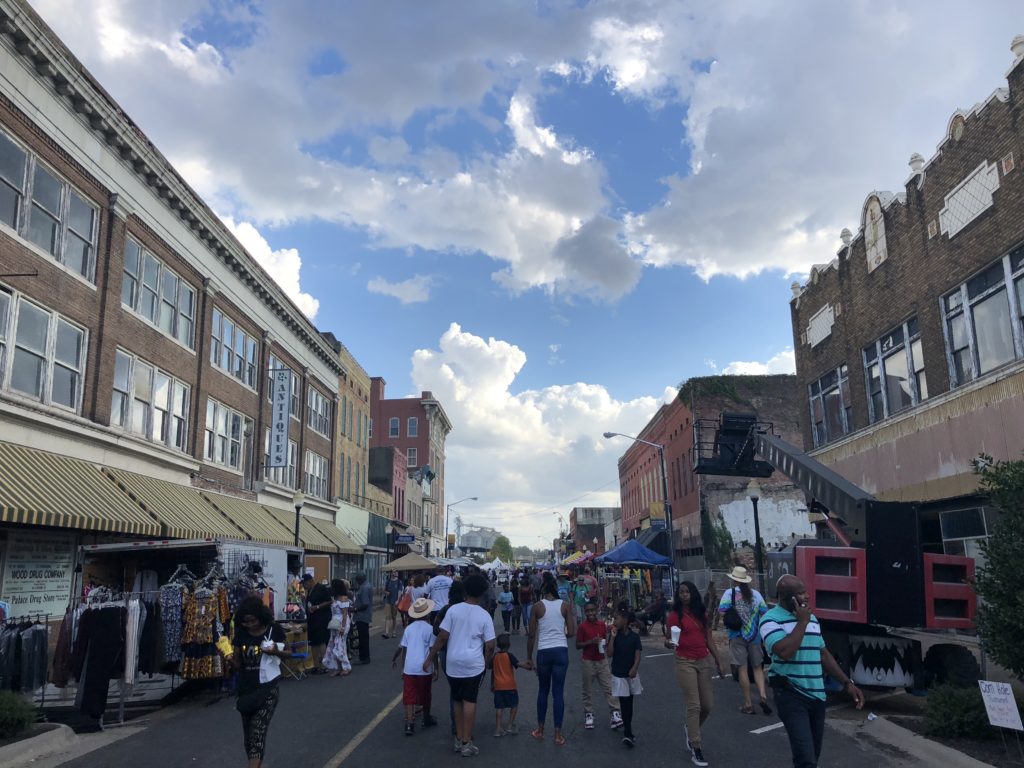
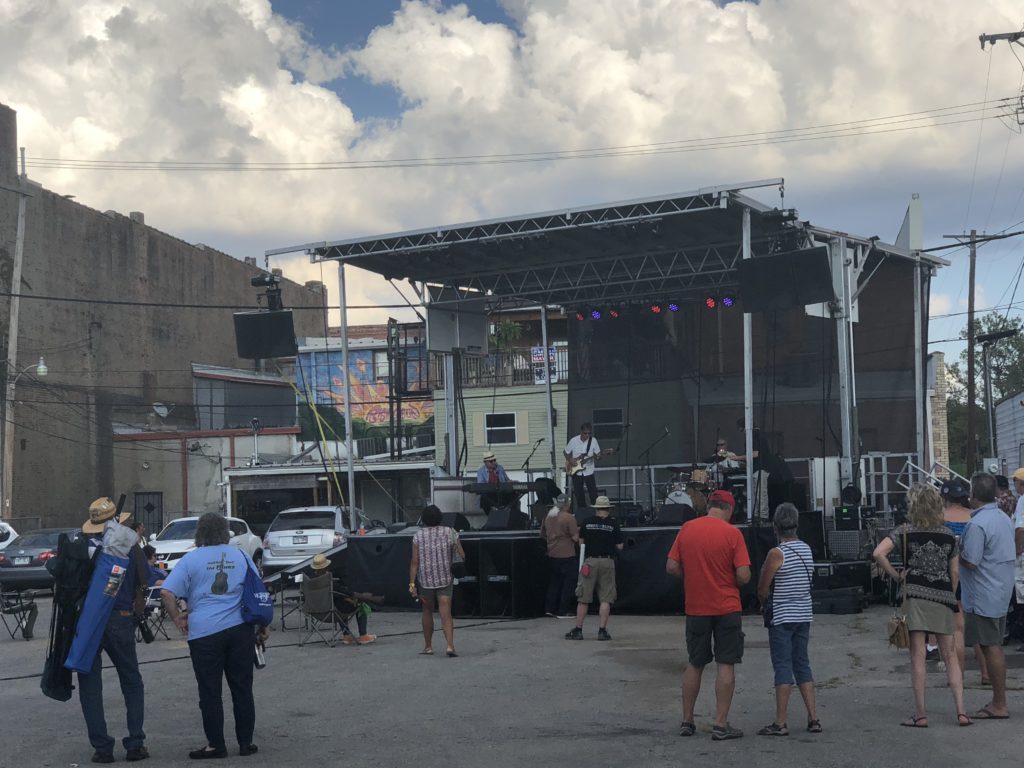
We rolled on northwards through the Arkansas plains on our way up to the big city of Memphis, Tennessee.
